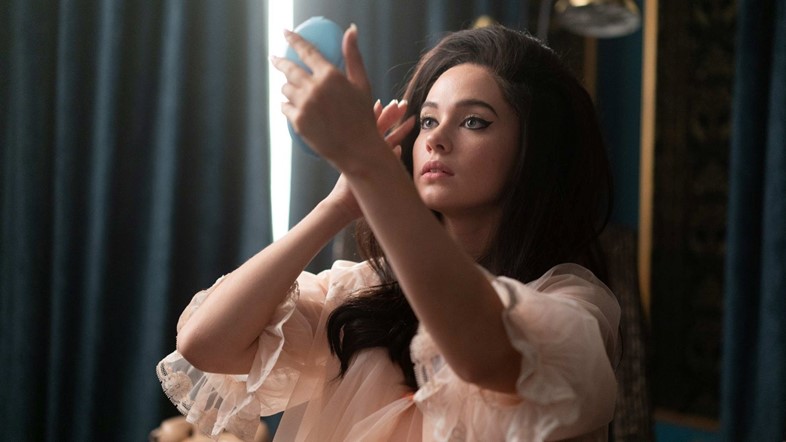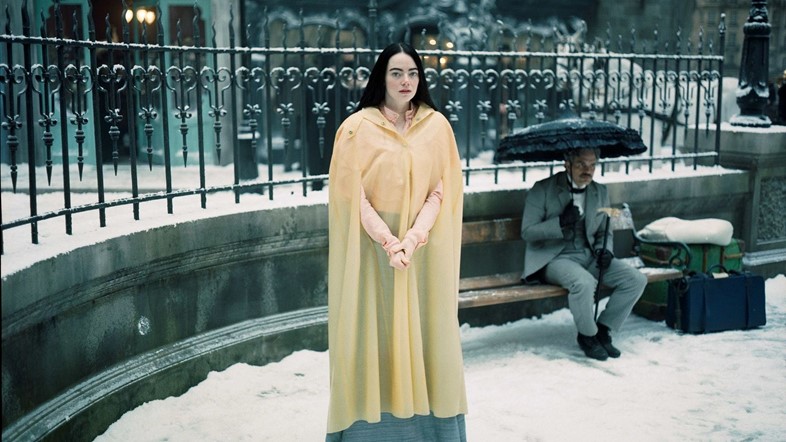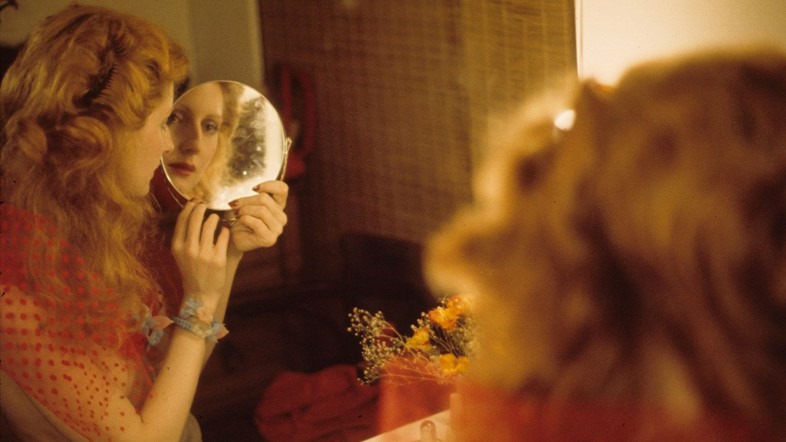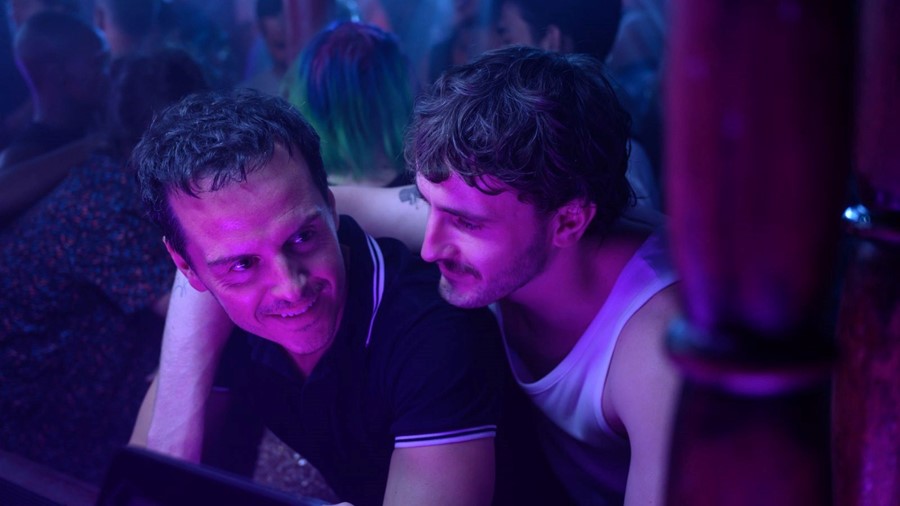From Andrew Haigh’s haunting queer romance All of Us Strangers to Sofia Coppola’s Priscilla Presley biopic, here are five of the best films to see this month
All of Us Strangers
Adapted from Taichi Yamada’s 1987 novel Strangers, Andrew Haigh’s new film is a sad, sexy ghost story in which we’re not always sure who’s doing the haunting. It plays a bit like a thirsty Sixth Sense, if the twist wasn’t doing all of the heavy lifting.
Andrew ‘Hot Priest’ Scott stars as Adam, a creatively blocked author fond of gazing wistfully from the window of his soulless ‘luxury’ London flat. His reveries are interrupted when a half-cut neighbour, Harry (Mescal), turns up at the door one night and the pair begin a halting affair. But as they become close, Adam’s mind begins to circle obsessively back to the suburban London of his youth, past and present blurring as he reconnects with the parents he could never come out to.
Scott is superb as Adam, drawn to Harry’s healthier relationship to his sexuality, while Mescal exudes burly sad-boy charisma as the younger man with a few skeletons of his own in the cupboard. Through the relationship, you can feel Haigh’s own longing to reconnect with his past, queer 80s anthems by the Pet Shop Boys and Frankie Goes to Hollywood used as totems to evoke the sounds of his formative years.
In scenes where Adam attempts to reconcile with his parents (Claire Foy and Jamie Bell), who died in a car crash when he was young, the film hovers on the edge of being irredeemably cheesy. But we’ve all had these imagined conversations with loved ones in our heads, and Haigh pulls it off with a sure directorial touch and some clever, smudgy editing courtesy of Jonathan Albert. It all adds up to something faintly wondrous, a literary adaptation laced with the tang of personal regret.

Priscilla
Was there ever a better fit between artist and subject matter than Priscilla, Sofia Coppola’s lovingly drawn account of Elvis’s teenage bride? All of Coppola’s best qualities are on display in the film, which picks up Priscilla’s story from her teenage years on a West German army base, where a homesick Elvis begins his courtship, to her gilded-cage existence at Graceland as her now-hubby begins his long slide into addiction. But as ever with Coppola, the magic is in the details, from the sight of Priscilla’s bare feet sinking into the plush carpets at Graceland to a scene where Priscilla and her mum share a brief, pinch-me moment when Elvis rocks up unannounced at the house, her mask of disapproval slipping for an instant. Sensitively performed by its leads and pretty as a spoiled wedding cake, it’s her best film in years.
Read AnOther’s interview with Cailee Spaeny here, and a conversation between Sofia Coppola and Cindy Sherman here.

Poor Things
We’ve already gone into some depth on Poor Things, which wowed audiences at Venice with its blackly comic odyssey of emancipated womanhood in colonial-era Britain. (The Glasgow location of Alasdair Gray’s source novel has been excised for the film, annoying some fans of the late author’s work.) Emma Stone rightly won plaudits for her daring turn as a sex-mad Frankenstein’s monster, but everything from the set design to the supporting cast and Jerskin Fendrix’s queasy, euphoric score is on point in Yorgos Lanthimos’s stellar satirical fantasy – this is the work of an artist embracing the full lunacy of his vision.
Read AnOther’s review of Poor Things here.

Scala!!!
Young Londoners today may know it as a music venue, but for many years the Scala was a place to see the best, weirdest and most royally fucked up films on planet Earth. Jane Giles and Ali Catterall’s new doc traces the cinema’s history from its first home in Fitzrovia to its most famous incarnation in the then-seedy heart of Kings Cross, where John Waters recalls doing acid with Divine at a screening of Ingmar Bergman’s The Hour of the Wolf (clue: it’s a bad idea). “It was like a country club for criminals and lunatics,” says Waters, summing up the spirit of fondly recalled debauchery that suffuses this genial if slightly indulgent film.
Read AnOther’s interview with co-directors Jane Giles and Ali Catterall here.

The Disappearance of Shere Hite
Shere Hite is the woman that taught America how to find its own clitoris. Her smash-hit Hite Report was a landmark survey of some 3,000 American women exploding myths around female sexuality which remains, astonishingly, the 30th best-selling book of all time. But ask people who she was now and they’ll most likely draw a blank, a situation Nicole Newnham’s timely new doc seeks to remedy, with the late sexologist’s own reflections voiced by Dakota Johnson, a co-producer on the film. Hite’s findings that stimulation of the clitoris, not penetrative sex, is the surest way for women to achieve orgasm caused outrage in the US, evidenced here in a series of testy exchanges on TV with men incensed by her arguments. Plus ça change, you may think, but Hite’s beguiling good looks and fascination with image add layers of intrigue her story, as those close to her echo: “Shere had clearly invented ‘Shere Hite’… She wanted to be seen.”
